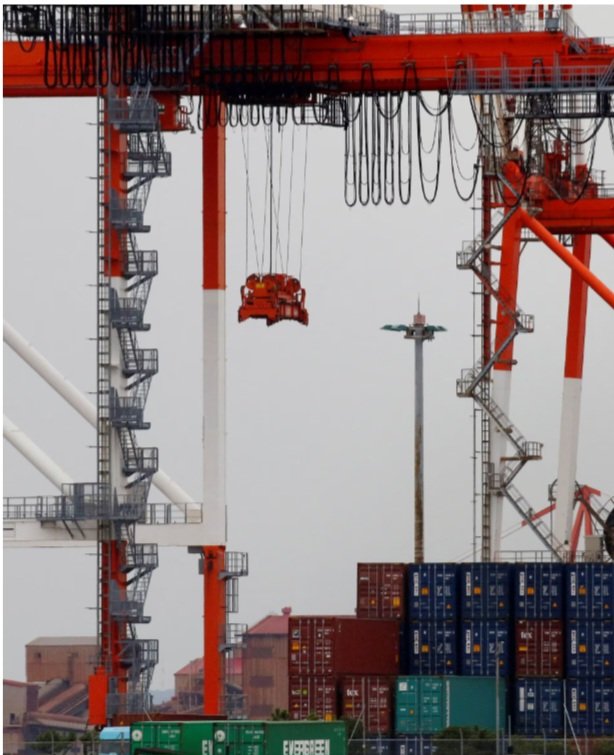Reuters, Tokyo According to a Reuters Tankan survey, Japanese manufacturers became less optimistic about business conditions in June and voiced prudence about the prognosis for the following three months, citing weak Chinese demand and uncertainty around U.S. tariffs.
In June, the manufacturers’ index (which is based on the Bank of Japan’s quarterly business sentiment indicator) was plus 6, down from plus 8 in May.
The indicator is still in positive territory, indicating that optimists still outweigh pessimists, but it is expected to drop even more to plus 2 during the next three months.
Between June 4 and 13, 504 significant non-financial companies participated in the survey; 220 of them agreed to remain anonymous.
In order to completely eliminate tariffs on its products, including a 25% charge on cars and auto parts, Japan’s largest industry, the country has been engaged in extensive talks with the US.
“As the Chinese economy has been slow and the effects of U.S. tariff policies are still unclear, our clients are still cautious about new capital expenditure,” a manager at a machinery manufacturer noted in the survey.
Tariff worries were also expressed by those in the auto and auto components industries. A management in the industry stated, “Automakers are cutting production because of the U.S. tariff policies.”
In order to reduce tariff expenses, a client carmaker moved local production to the United States, according to a manager of a chemicals firm. According to the manager, sales to the automaker have decreased as a result.
A pulp and paper manufacturer brought attention to problems resulting from China’s export restrictions on rare earths, which client businesses are rushing to resolve and which may have an impact on the market for its goods.
The business mood index for the service sector remained constant from May at plus 30 in June. In the next three months, companies anticipate sentiment to deteriorate to + 24.
Information technology investments made by clients were reported by the information and telecommunications sector. Services firms experienced an increase in business confidence as a result of inbound tourism.
But according to the report, several businesses were negatively impacted by shortages and growing labor expenses.





